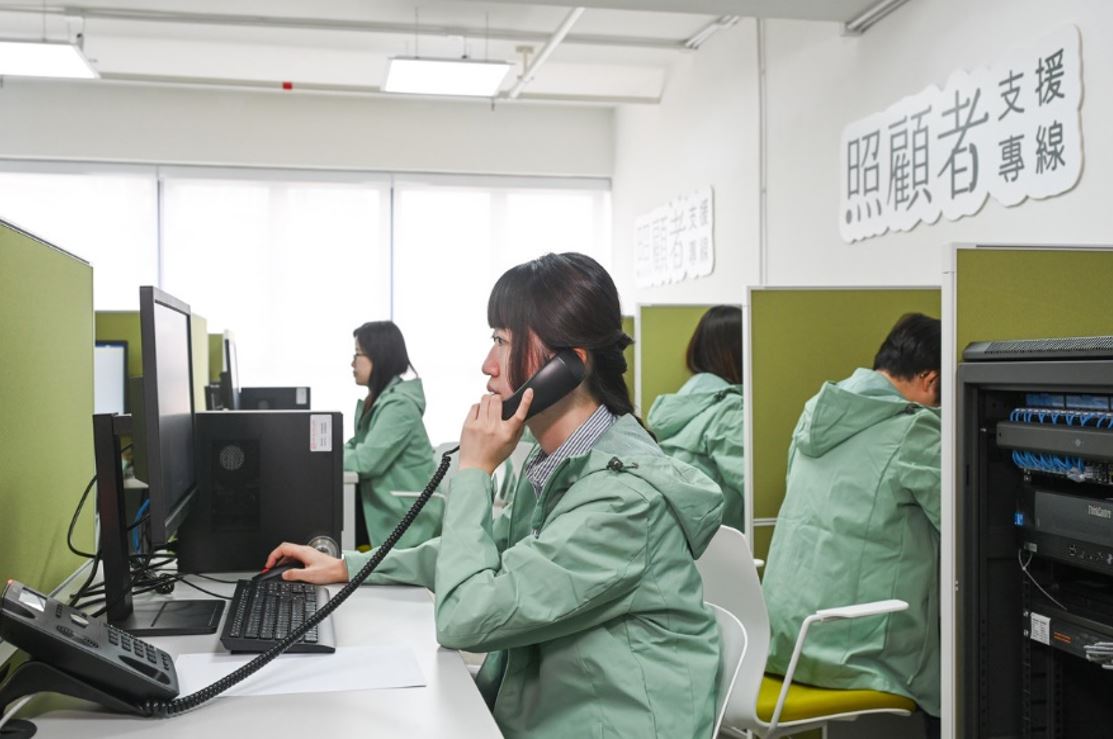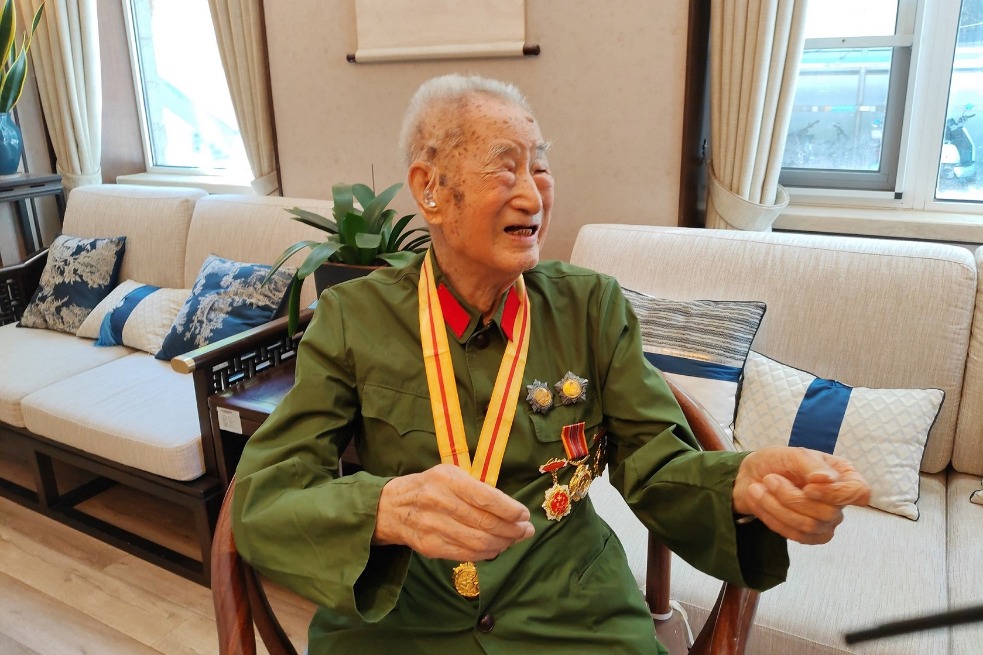Time to care for our carers
Family caregivers perform a challenging and often undervalued role in society. The HKSAR government and various sectors are responding to calls to elevate the caregivers' status and give them the practical and emotional support they need. Gary Chiu reports from Hong Kong.


According to 2021 figures from the Census and Statistics Department, there are about 164,000 unpaid carers looking after family members, who include the young and elderly as well as those with chronic diseases and disabilities. The figures only include family carers who do not have a job rather than employed ones.
The Hong Kong Council of Social Service estimated in its 2021 report that there were roughly 1.12 million carers in the SAR, citing government figures documenting the number of physically disabled, elderly and chronically ill patients living with and being looked after by members of their own family.
The council also revealed that carers dedicate a median of 62 hours to caregiving each week. For unemployed carers, the figure was over 80 hours.
But there is not enough professional support and social recognition for carers, according to a 2022 study by the Hong Kong Polytechnic University and the Labour and Welfare Department.
Given the demand for better support for carers, the Hong Kong Special Administrative Region government implemented a series of measures previously announced in its 2022 and 2023 policy addresses.
In September, the government launched the 182 183 carer support hotline and a three-year publicity campaign called "Care the Carers". The Information Gateway for Carers website was established in November as a caregiving guide for residents. A pilot program will also be launched to deploy care teams to find out what help carers need before problems spiral.
In the eyes of both policymakers and frontline professionals, more has to be done to address carers' needs.
"Carers tend to depend on themselves. It becomes one of the difficulties in promoting carer support," said Lam Ching-choi, chairman of the Advisory Committee on Mental Health, which the government established in 2017 to improve Hong Kong's mental health policies.
In reality, carers look after people with a wide range of needs, posing another challenge to policymaking.
"It is easy to identify carers of the physically disabled or the elderly, but carers of those needing psychiatric support tend to hide their identity to avoid stigma," said Lam, also a member of the Executive Council. "Carers have diverse demands. One single measure cannot meet all of their needs."
He said he believes the government's measures could go further. For example, creating carer-friendly workplaces could help those carers who use their annual leave to look after others. He also suggested expanding respite services so more carers could take a rest.
- Sculpture for Flying Tigers is unveiled in Chongqing
- China's V-Day gathering to start at 9 am, Sept 3 at Tian'anmen Square
- Fuzhou determined to become an 'international, people-oriented' city
- Experts highlight health risks of modern lifestyle habits
- China's first science popularization month kicks off in Beijing
- Fudan University welcomes freshmen with academician, robot





































